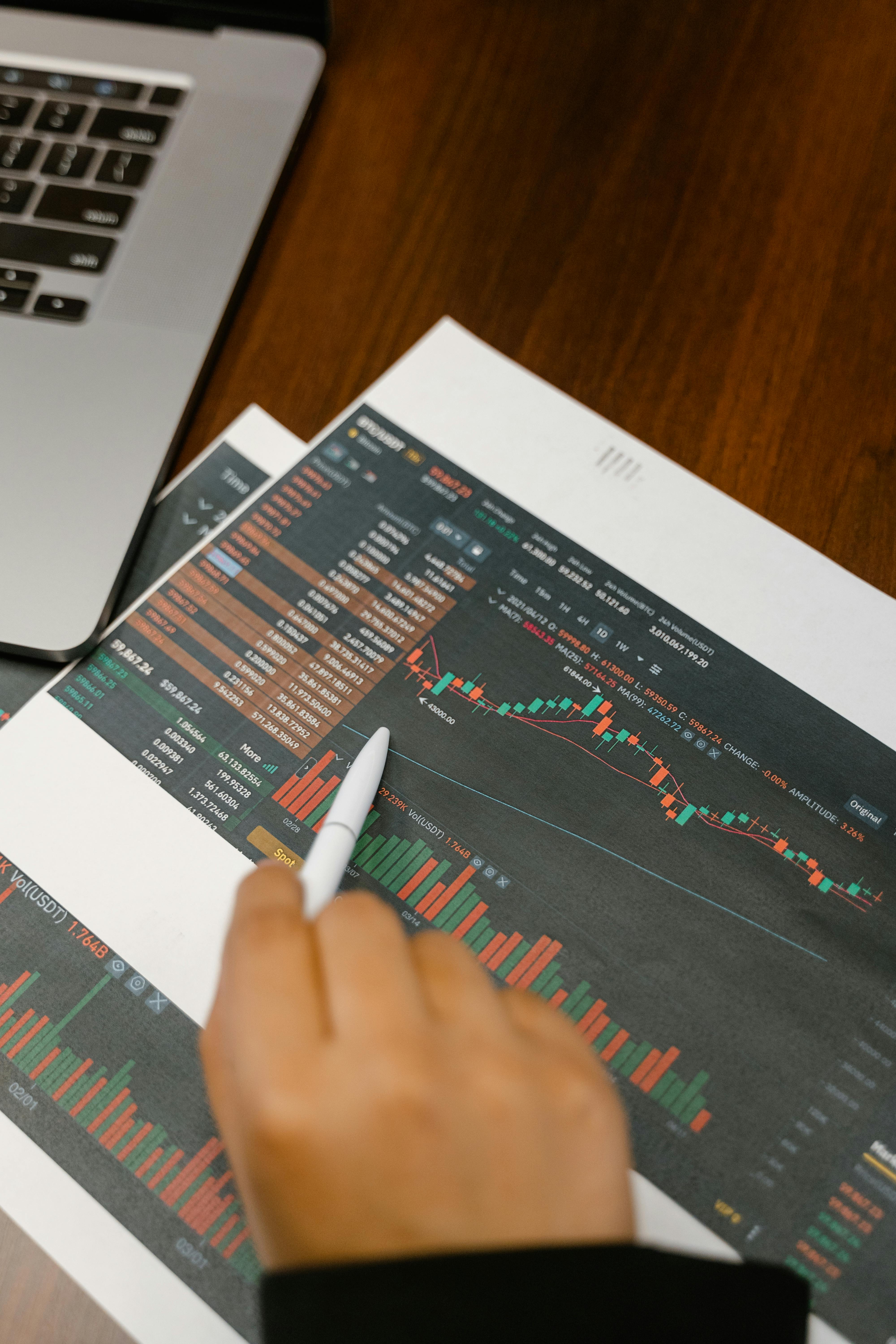Introduction
Forex trading isn’t just about strategies, charts, or technical indicators – it’s largely about psychology. Emotions like fear, greed, and impatience often lead traders to make poor decisions, even if they have a solid strategy.
Mastering your emotions is critical for long-term profitability. This guide will explore the psychology of forex trading and share tips to control emotions, stay disciplined, and maximize your profits.

1. Understanding Trading Psychology
Trading psychology refers to the mental and emotional aspects of trading. Common emotional challenges include:
-
Fear: Hesitation or closing trades too early to avoid losses.
-
Greed: Overtrading or holding losing positions too long hoping for a reversal.
-
Impatience: Rushing entries or exits without proper analysis.
2. The Role of Discipline in Trading
Discipline is what separates successful traders from losing traders.
-
Stick to your trading plan.
-
Follow your risk management rules.
-
Avoid impulsive decisions based on emotions.
3. Common Emotional Traps
a) Revenge Trading
After a loss, some traders try to immediately recover by taking bigger trades. This usually leads to further losses.
b) Overconfidence
A string of wins can make traders take excessive risk, ignoring market conditions.
c) Analysis Paralysis
Overanalyzing charts and indicators can prevent taking trades even when conditions are favorable.
4. How to Master Emotions
a) Develop a Trading Plan
A clear plan outlines:
-
Entry and exit points
-
Stop-loss and take-profit levels
-
Risk per trade
-
Strategy rules
Following a plan reduces impulsive decisions.
b) Use Risk Management
-
Limit your risk to 1-2% per trade.
-
Use stop-loss orders.
-
Avoid over-leveraging.
c) Keep a Trading Journal
Document every trade with:
-
Reason for entry
-
Outcome
-
Emotional state
-
Lessons learned
Reviewing your journal helps identify emotional mistakes and patterns.
d) Practice Patience
-
Wait for high-probability setups.
-
Avoid chasing the market.
-
Remember: Missing a trade is better than taking a bad trade.
e) Mindfulness and Stress Management
-
Meditation or deep breathing can help manage stress.
-
Taking breaks prevents burnout during volatile market conditions.
5. The Importance of Confidence
-
Confidence comes from knowledge, preparation, and experience.
-
Trust your strategy and avoid second-guessing every trade.
-
Build confidence gradually by starting with small positions and demo accounts.
6. Developing a Long-Term Mindset
-
Forex trading is a marathon, not a sprint.
-
Focus on consistent growth rather than instant profits.
-
Avoid comparing yourself with other traders.
7. Combining Psychology with Strategy
Even the best strategy fails if emotions dominate. Successful traders:
-
Follow their trading plan strictly.
-
Take losses calmly and learn from them.
-
Remain disciplined in both winning and losing streaks.
Conclusion
Mastering the psychology of forex trading is as important as technical knowledge. By controlling fear, greed, and impatience, traders can stick to their strategies, manage risk, and achieve consistent profitability.
Remember: A calm, disciplined mind makes better trading decisions than a reactive, emotional one.
forex psychology, trading psychology forex, forex emotional control, forex discipline, psychology of trading, forex mindset, fear and greed forex, emotional trading forex, forex confidence, forex trading habits, forex patience, forex psychology tips, forex discipline strategies, forex stress management, forex trader psychology, forex mental strength, forex trading psychology guide, psychology in forex market, successful forex mindset, forex psychology mistakes














0 Comments